SHAMAYIM BLOG

Fashion Photography as a Catalyst for Cultural Evolution
Fashion photography, at its most profound, has always been more than an industry—it is a mirror and a map. A mirror reflecting who we are as a society, and a map revealing who we can become. The images we create, share, and celebrate shape the collective imagination. They define beauty, influence desire, and set the tone for how humanity perceives itself.

How to Build a Strong Career as a Fashion Model Without Becoming a Social Media Influencer
In today’s industry, many aspiring models are under the impression that they need to become social media influencers in order to succeed. It’s true that Instagram and TikTok can help some models get exposure, but they are not the only path—nor are they required. If your dream is to be a professional model, you don’t have to sacrifice your authenticity or turn yourself into a content machine.
The truth is this: modeling is a profession built on skill, discipline, and presence. Social media may be a tool, but it is not the foundation. If you want to build a career as a respected model without relying on influencer culture, here’s how:

The Photographer’s Equation: How to Never Underprice Yourself Again
As photographers, one of the greatest challenges we face is pricing. Too often we undersell ourselves, either out of fear of losing a client, or because we haven’t created a formula that accurately represents the true value of our work. The truth is simple: photography is not just about clicking a shutter—it’s about your time, expertise, creative direction, gear investment, post-production, and the market value of your unique vision.
To solve this, I’ve created a simple equation that will help photographers never underprice themselves again. This is not about guessing or negotiating from insecurity—it’s about building a pricing structure that reflects both your worth and the market demand.

How to Generate Organic Interest in Your Body of Work Without Social Media
We live in an era where social media dominates the way we share and consume art. It has become the default channel for most photographers. But what happens when you want your work to transcend algorithms? When you want your art to circulate organically, connecting with people who matter—not just scrolling past?

How to Book Your First Retainer Client as a Fashion Photographer
One of the greatest milestones in a photographer’s career is landing a retainer client—a brand or creative partner who books you consistently for ongoing projects. It’s the difference between sporadic, one-off jobs and predictable, sustained income. More importantly, it’s a shift from being seen as just a “vendor” to being trusted as a creative partner.

How Models Can Market Their Niche
In today’s fashion industry, the most valuable asset a model can own is not just their look—but their niche. In a globalized market overflowing with talent, agencies, and digital platforms, the models who rise above the noise are the ones who know exactly who they are and how to position themselves. Your niche is the signature you leave on the industry, the distinct territory you claim that no one else can replicate.

How to Scale Your Fashion Photography for More High-Value Clients
Fashion photography is not just about making beautiful images—it’s about building a career that aligns with the caliber of clients you aspire to serve. Scaling your work so that luxury brands, publications, and elite clients see you as a viable partner requires strategy, consistency, and vision. Here’s how I approach it:

How to Curate the Most Marketable Portfolio and Start Booking Clients Without an Agency
In today’s fashion industry, models have more access and opportunity than ever before. The traditional pathway of signing with a modeling agency is no longer the only road to success. With the rise of digital media, social platforms, and direct-to-client opportunities, models can now build careers independently—if they know how to position themselves correctly.
As someone who has worked with agencies, brands, and independent models alike, I want to give you insight into how to curate a marketable portfolio and begin booking clients without representation.

The Polymath Life: Living in Many Dimensions
I have never been able to live in a single lane. My life, my art, my business—all of it is evidence of a mind that refuses confinement. Some people call it distraction; I call it polymathy. It is the pursuit of mastery across multiple disciplines, the belief that we are not here to be one-dimensional but to unfold into the fullness of our creative potential.
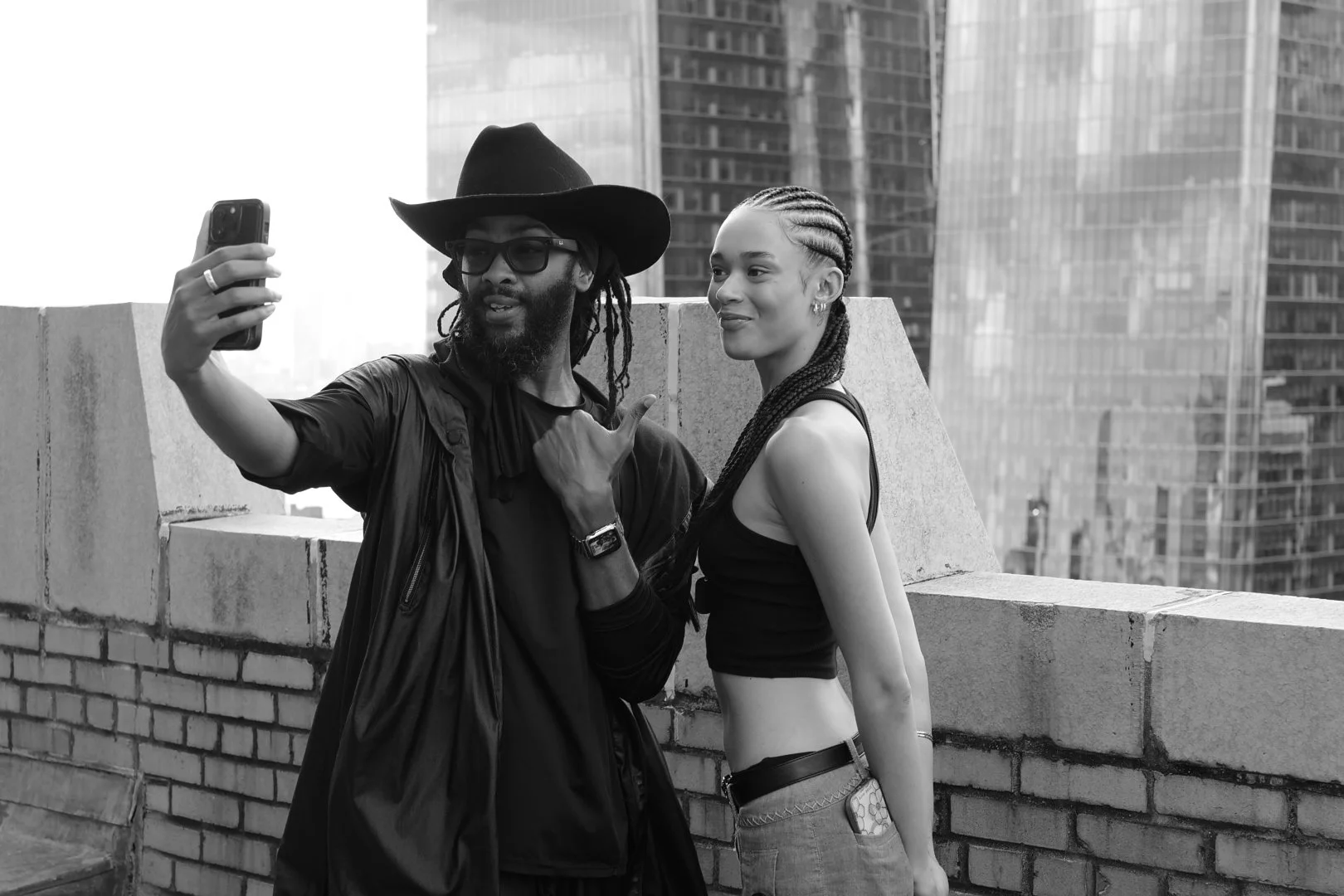
How to Niche Your Preference in Models and Make It Part of Your Brand Language as a Fashion Photographer
One of the greatest revelations I had in my journey as a fashion photographer is that your work is not meant to speak to everyone. The fastest way to dilute your artistry is to chase trends or attempt to appeal to every agency, every market, and every client. Fashion is a language—and like any language, it becomes richer when you commit to your dialect.

How to Know If Your Work Is Resonating With Your Market
As artists, entrepreneurs, and creators, we all ask ourselves the same question: Is my work reaching the people it’s meant for? In the luxury, fashion, and creative industries, resonance is everything. It’s not just about whether people see your work—it’s about whether they feel it, remember it, and engage with it in ways that matter.
Here are the signs I look for to know when my work is truly resonating with my market:

What Makes a Model Iconic
The word iconic gets tossed around casually in our industry. Everyone wants to be iconic, but very few truly reach that state. It’s not just about being beautiful or photogenic—those are basic entry points. Iconic is something else entirely. Iconic is when a model transcends their own image and becomes a reference point for culture itself.

Why Print Still Matters in 2025
Every year, someone announces the “death of print.” They point to the dominance of digital platforms, the speed of social media, and the infinite scroll of images. But let me be very clear: for a true photographer, print is not dead—it is eternal. Let me explain.

Becoming Influential in Your Specific Market
Influence isn’t handed out like business cards—it is cultivated, earned, and sharpened in the fires of clarity and consistency. Becoming influential in your specific market is not about chasing attention; it’s about becoming undeniable in your value, vision, and voice.
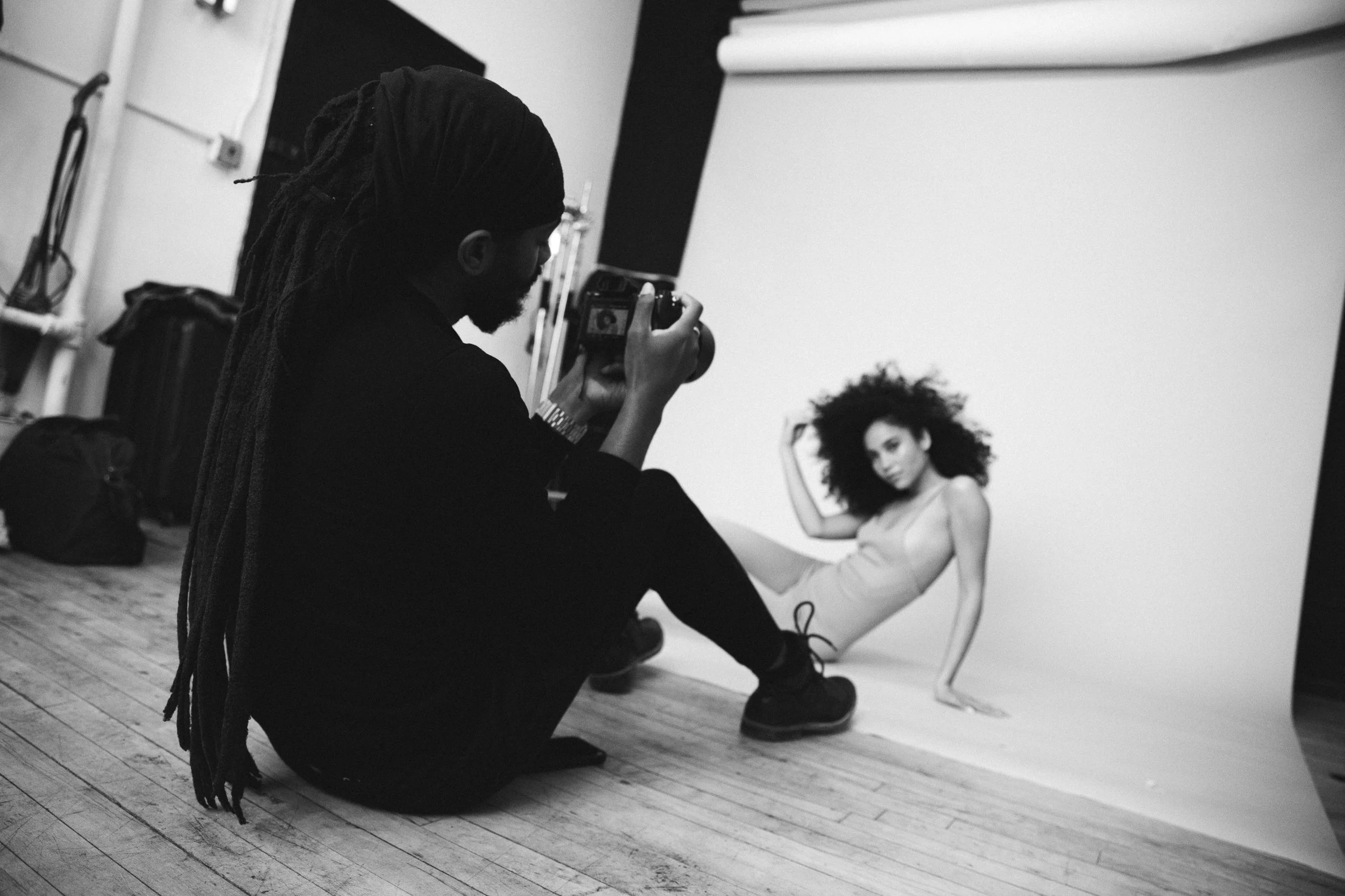
Collaboration Isn’t Code for Free Work
In this industry, “collaboration” has become one of the most misused words I’ve ever heard. It rolls off the tongue like an invitation to magic, but too often it’s just a dressed-up way of saying, “I don’t want to pay you.”
Let’s be clear: collaboration is a sacred act. True collaboration is the merging of visions, resources, and talents into something neither party could have created alone. It’s not exploitation disguised in creative language—it’s reciprocity. It’s exchange. It’s honor.

The Subconscious Mind: Unlocking Creative Power
As an artist, photographer, and creative director, I’ve learned that the true canvas is not always the backdrop, the model, or even the light—it is the mind. Joseph Murphy, in The Power of Your Subconscious Mind, revealed something that has reshaped how I approach my art, my life, and my purpose: our subconscious is the most powerful creative instrument we will ever possess.
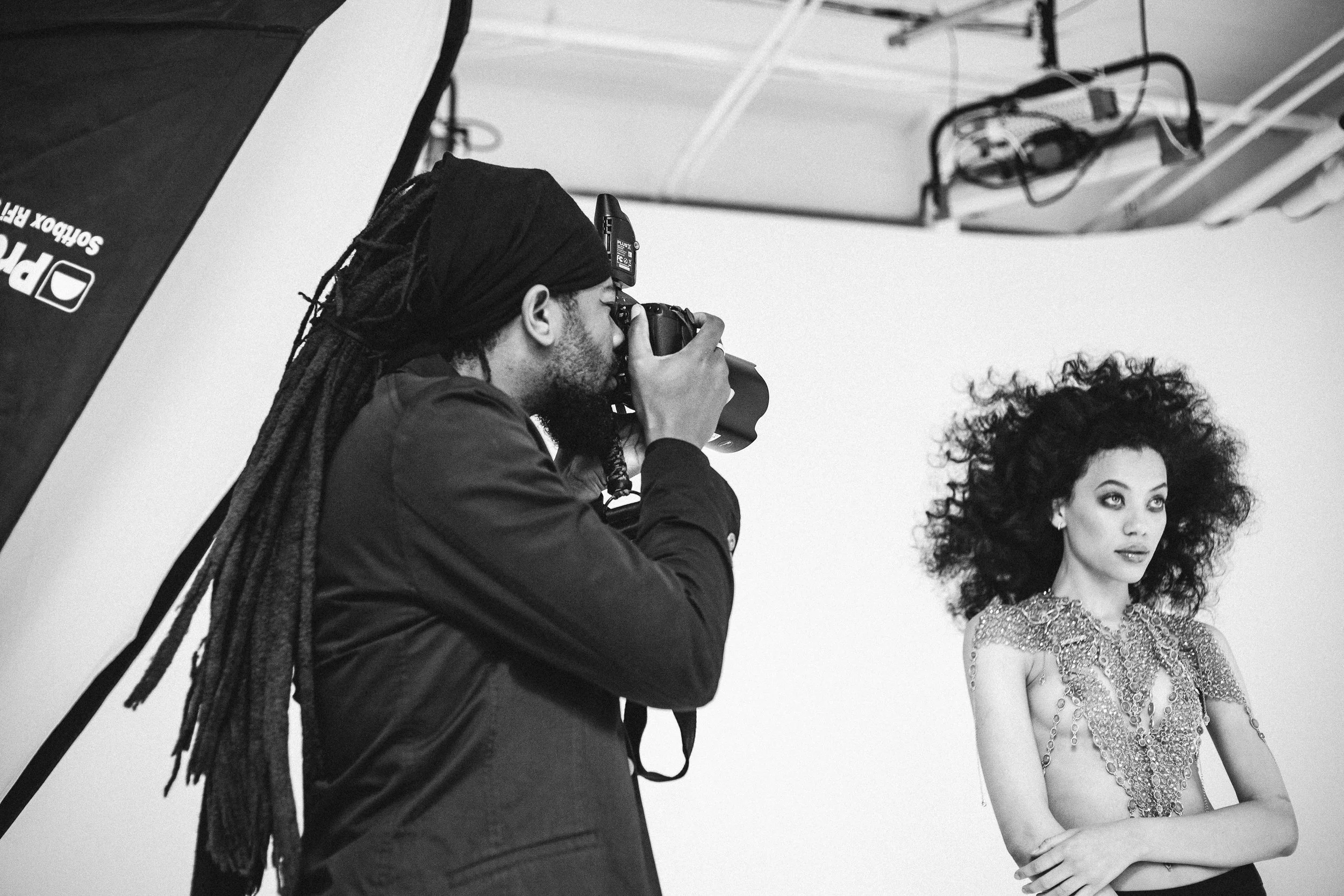
Defining Your Brand as a Creative in the Fashion Industry
In today’s fashion industry, talent alone is no longer enough. The photographers, models, stylists, and designers who rise above the noise are not just skilled at their craft—they are masters of branding. Your brand is the way the world remembers you. It’s the visual, emotional, and intellectual fingerprint that lingers long after you’ve left the room. As a creative in fashion, defining your brand is about shaping perception and telling a story that is unmistakably yours.
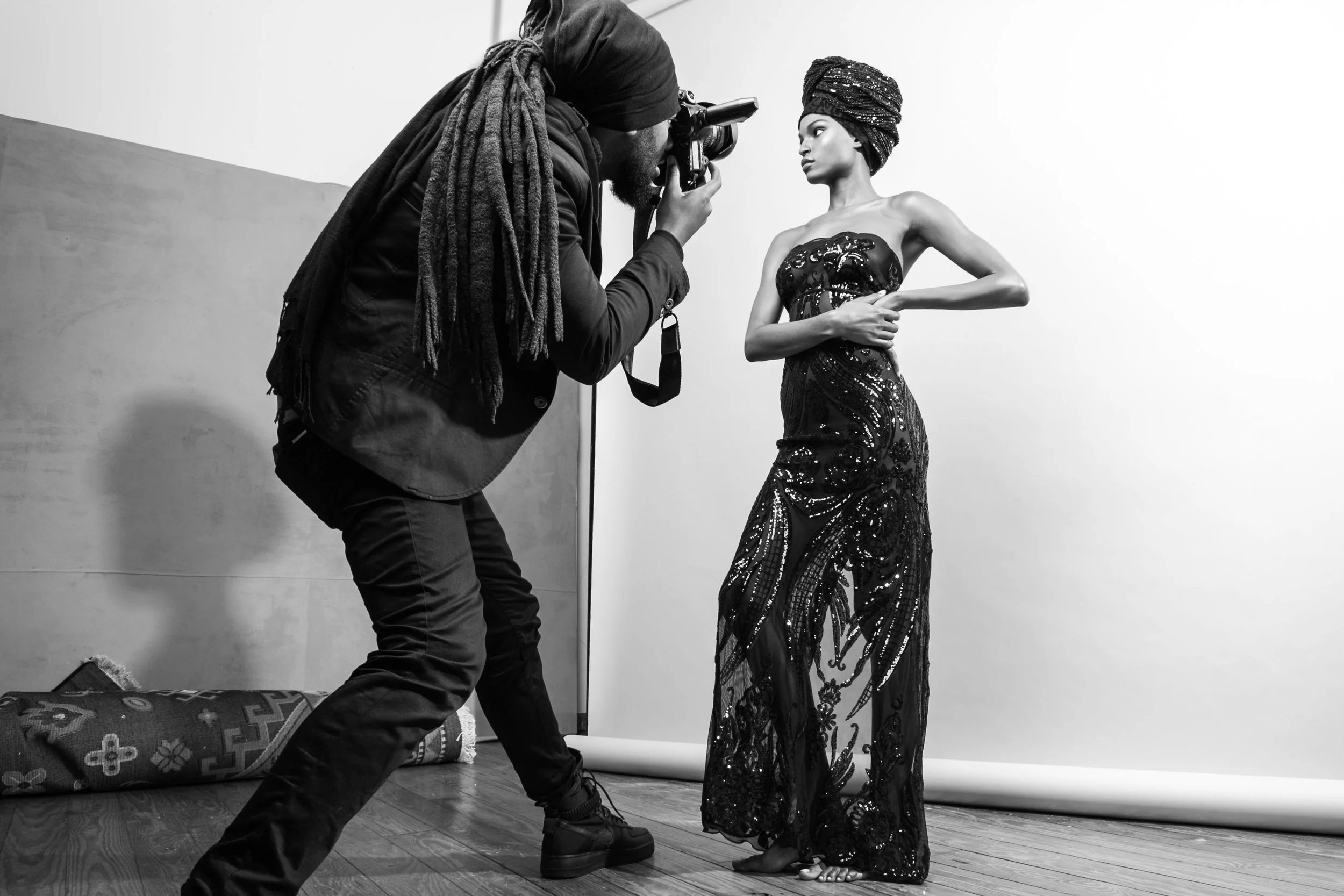
How Models Can Master Their Personal Modeling Style
One of the most overlooked yet powerful assets a model can develop is a signature style. I’m not talking about the way you dress off-duty or what you post on Instagram—I mean the energy, presence, and movement that only you can bring to the camera. Your personal modeling style is what transforms you from just another face in a lineup into a memorable, in-demand talent.
Here’s how to master it:
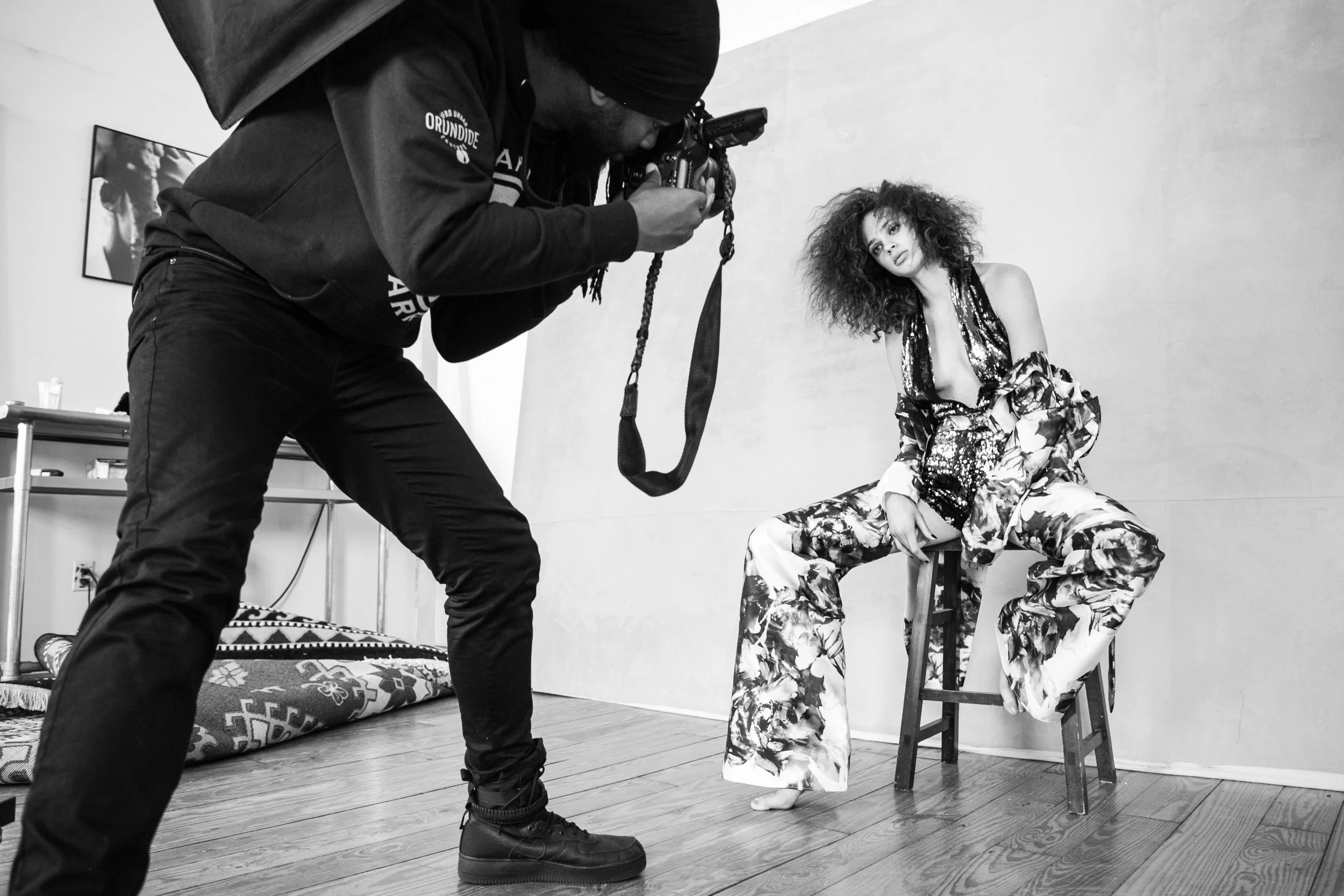
How to Approach Agencies and Build Strong Professional Relationships
One of the most pivotal steps in the evolution of a photographer’s career is building strong relationships with agencies. Agencies are the gatekeepers to the world of professional models, talent, and brand opportunities. They are not just sources of access—they are potential collaborators in shaping images that define culture.
But let me be clear: approaching an agency is not simply about asking for models. It is about establishing trust, professionalism, and a reputation that makes them want to send you their talent. Your approach, your etiquette, and your consistency will determine whether you’re seen as an asset—or as someone to be politely ignored.
Here are the principles I live by when it comes to creating meaningful professional relationships with agencies:
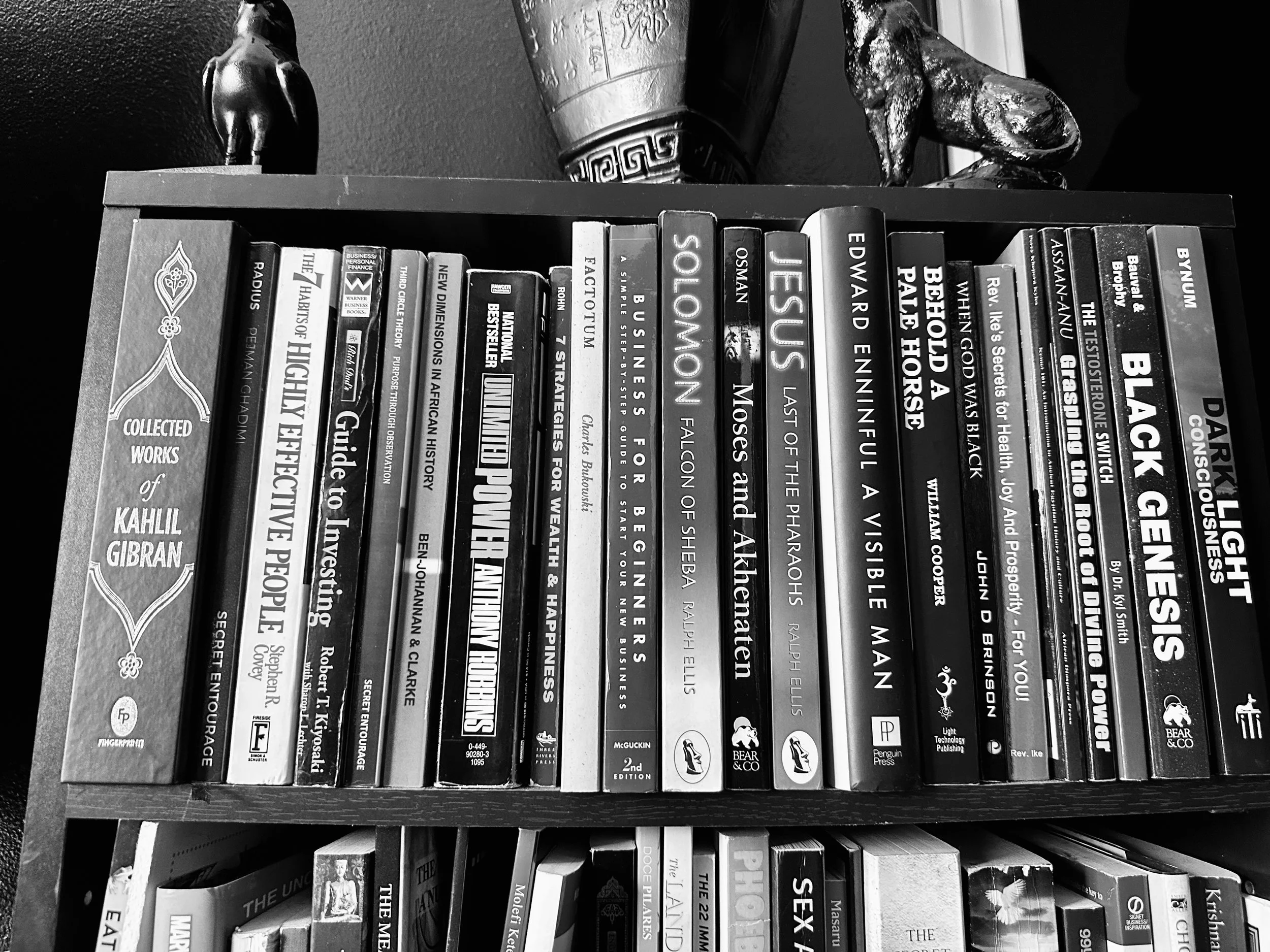
The Top 10 Books (That Have Nothing To Do With Photography) Every Fashion Photographer Should Read
Photography has never been just about cameras, lenses, and lighting. The true art of image-making lives in the way we see, the way we interpret, and the way we translate the world into story. For fashion photographers especially, inspiration rarely comes from technical manuals—it comes from culture, history, psychology, philosophy, and the deep well of human creativity.
